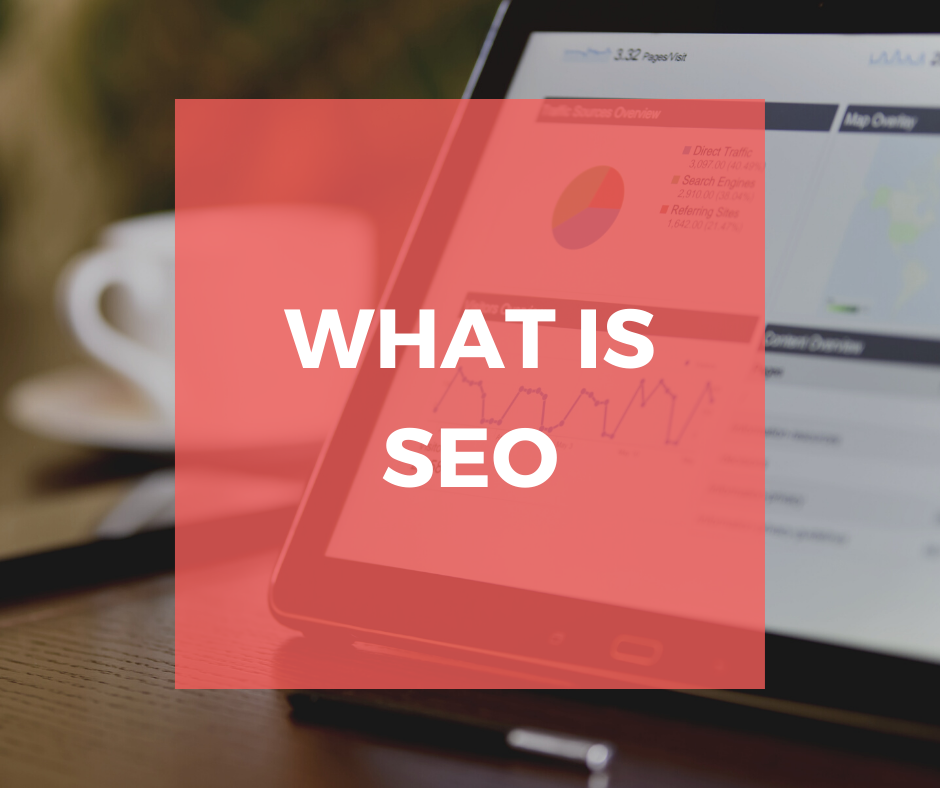Sand Creek Adventure Project
Sand Creek Adventures View Website Services Provided Custom website design Google & Facebook Ads Web maintenance Sand Creek Adventures offers

Search engine optimization (SEO) is the process of improving a website’s ranking on a search engine like Google. Internet users discover content via search, so the higher a website ranks on search engines, the more traffic it gets. Websites receive traffic either from search engine results or search engine ads.
SEO is essential to online marketing because internet users use search engines as their primary way to navigate the internet. So most websites receive their traffic from these search engines. Google is the popular search engine, with a market search engine market share of 92.47%.
Search engines present search results on ordered lists called search engine result pages (SERPs). The higher up a website ranks on a SERP, the more traffic it gets. The top result often receives a vast portion of the total traffic, and only a tiny fraction of search engine users click beyond the first page.
According to a study by Ahrefs, 94.3% of pages receive no organic traffic from Google. So, a seemingly marginal improvement in a website’s ranking can lead to significantly more traffic. For this reason, many businesses online continually seek to use SEO to improve their rankings.
Search engines rely on algorithms to create their SERPs. These algorithms are extremely complex and consider numerous factors to rank sites on their SERPs. Most of these factors fall under three broad categories of metrics that search engines use to evaluate a website: links, content, and page structure.
When other sites link to your site, search engines take that to be an indication that your site likely provides quality content. As a result, the search engine deems your site authoritative. The more authoritative the sites that link to yours, the more authoritative search engines consider it.
Search engines rank a website based on how relevant its content is to search queries, technically known as keywords. One of the primary focuses of SEO is the creation of content that targets keywords or keyword phrases that a website’s target audience uses to find its products.
Web developers use HTML as one of the main programming languages to build web pages. The structure of the HTML code determines how effectively a search engine can evaluate the content of a web page. The proper use of HTML structure enables a search engine to crawl your web pages effectively and rank your site appropriately.
Understanding how SEO is integral to improving your search engine rankings. But that’s not enough. You also need to skillfully practice several SEO techniques to optimize your site.
These techniques include:
Various SEO tools are available to facilitate these techniques.
These tools include:
Effective SEO can potentially result in a spectacular increase in the traffic your website receives. Once you optimize your search engine traffic, the next step is to maximize your conversation rate; that is, the number of visitors to your site who become paying customers. Optimizing your search engine rankings and conversation rates gives you a competitive edge and drives sales.
Don’t hesitate to contact us to learn more about what our team at OmniSence Digital can do to increase your SEO ranking.
Sand Creek Adventures View Website Services Provided Custom website design Google & Facebook Ads Web maintenance Sand Creek Adventures offers

In today’s digital landscape, efficient and effective tracking is essential for any business aspiring to succeed online. Google Tag Manager

Google Analytics is an indispensable tool for marketers aiming to fine-tune their strategies and maximize their campaigns’ performance. Its vast
OmniSence Digital
109 Rice St. S
Jordan, Minnesota 55352